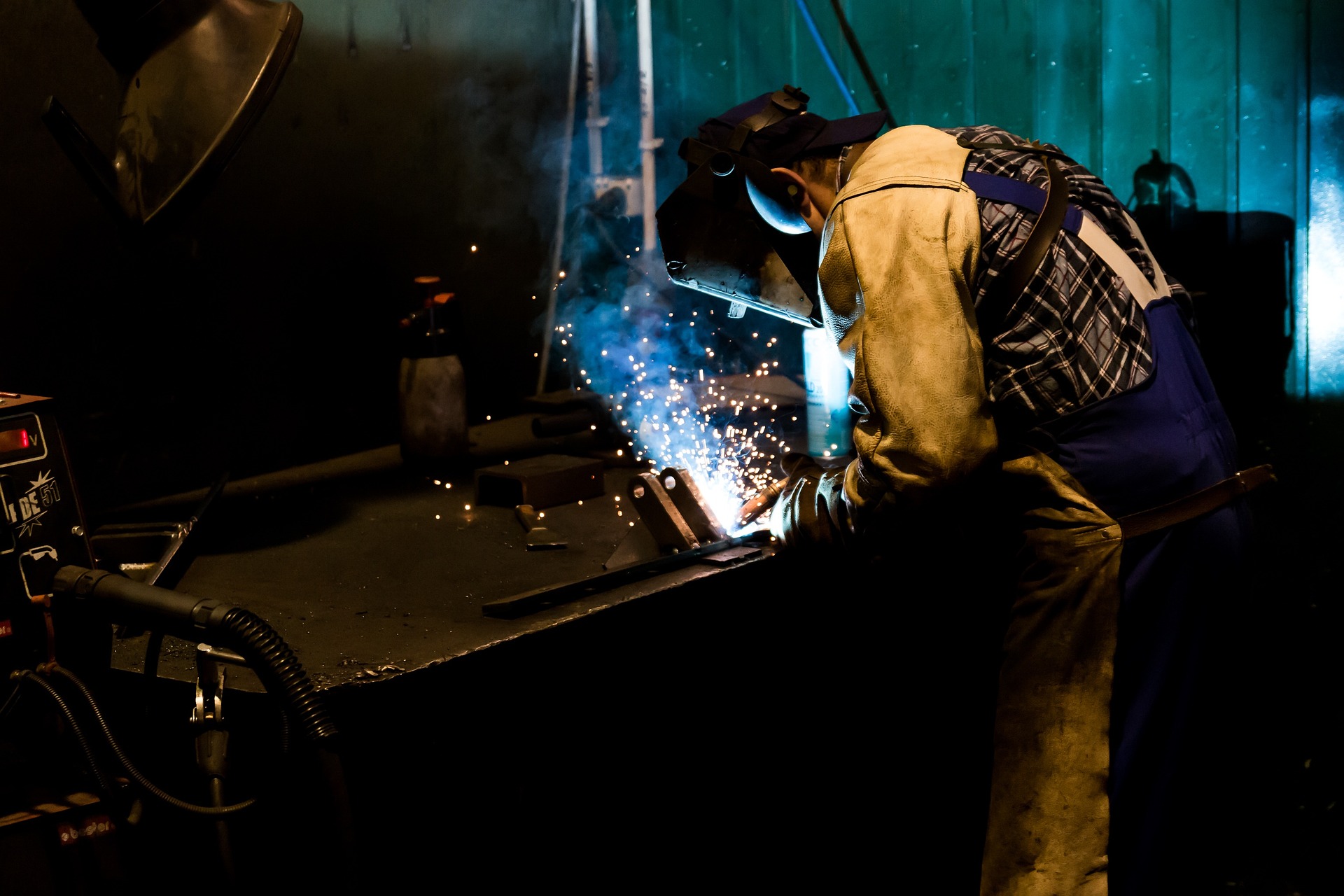Welding Careers: A Comprehensive Guide to Jobs, Training, and Salary Potential
The welding industry offers diverse career opportunities across multiple sectors, from construction and manufacturing to aerospace and energy. As infrastructure development continues globally, qualified welders remain in high demand, making it an attractive career path for those seeking stable employment with competitive compensation. Understanding the various aspects of welding careers can help individuals make informed decisions about entering this dynamic field.

Required Education and Certification Paths
Most welding careers begin with formal training through vocational schools, community colleges, or apprenticeship programs. Basic certification typically takes 6-12 months, while advanced specializations may require additional training. Essential certifications include those from the American Welding Society (AWS), which offers various levels of certification depending on specialization and career goals. Many employers also provide on-the-job training to complement formal education.
Salary Expectations and Career Growth
Welding salaries vary significantly based on experience, specialization, and location. Entry-level welders typically earn between $30,000 and $40,000 annually, while experienced professionals in specialized fields can earn over $100,000. Underwater welders and those working in hazardous conditions often command premium wages. Career advancement opportunities include becoming a welding inspector, supervisor, or starting an independent welding business.
| Specialization | Average Starting Salary | Experienced Salary | Additional Benefits |
|---|---|---|---|
| Pipeline Welding | $45,000 | $85,000+ | Travel allowance, housing stipends |
| Structural Welding | $35,000 | $65,000+ | Health benefits, overtime pay |
| Underwater Welding | $50,000 | $100,000+ | Hazard pay, comprehensive insurance |
| Aerospace Welding | $40,000 | $80,000+ | Technical training, advancement opportunities |
Prices, rates, or cost estimates mentioned in this article are based on the latest available information but may change over time. Independent research is advised before making financial decisions.
Essential Skills and Physical Requirements
Successful welders need strong hand-eye coordination, attention to detail, and physical stamina. Technical skills include understanding different welding processes (MIG, TIG, stick welding), reading blueprints, and maintaining safety protocols. Mathematical ability, spatial awareness, and problem-solving skills are also crucial. The job often requires working in various positions and environments, sometimes in confined spaces or at heights.
Industry Outlook and Job Security
The welding industry continues to show strong growth potential, with the Bureau of Labor Statistics projecting steady demand for skilled welders through 2030. Technological advancements, including robotic welding systems, create opportunities for welders to develop new skills and adapt to changing industry needs. Infrastructure projects, manufacturing growth, and energy sector development contribute to consistent job availability across various regions.
Workplace Safety and Health Considerations
Welding careers require strict adherence to safety protocols due to potential hazards like exposure to intense light, heat, and fumes. Employers provide personal protective equipment (PPE), including welding helmets, flame-resistant clothing, and respiratory protection. Understanding and following safety regulations is crucial for long-term career success and personal well-being in this field.






